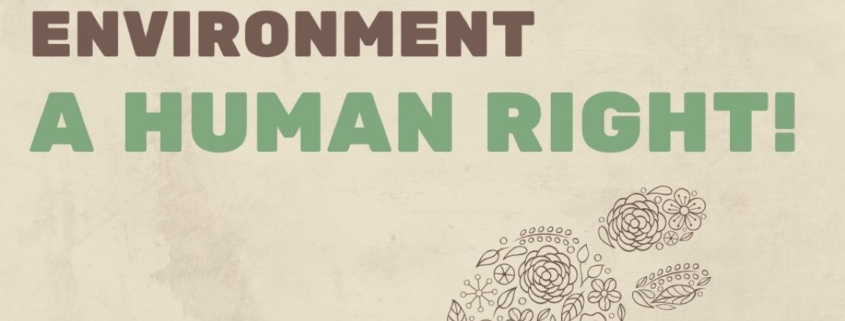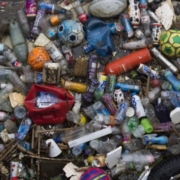Environment2023
Drought, wildfires and rising temperatures
One of Portugal’s oldest environmental groups Quercus has marked the end of 2023 with the best and worst environmental events of last year.

The creation of more marine protected areas (especially in the Azores), the rejection of a mega solar farm by the Portuguese Environment Agency APA – planned to cover an environmentally sensitive water catchment area in the Algarve – and the growing mobilization of civil society for environmental issues were seen as the most positive aspects.

But there was more good news at the local level. In September six Portuguese youngsters went to the European Court of Human Rights accusing 32 EU states of inaction on climate change. They argued that the government’s failure to reduce emissions violates their human rights.

The government raised the target of using electricity from renewable sources by 2030 to 85%, according to a revision of the National Energy and Climate Plan. Nowadays renewable energies account for 61% of electricity consumption in the country (wind energy 25%, hydroelectric 23%, solar 7%, and biomass 6%).
In terms of nature conservation and biodiversity, the Lisbon and Tagus Valley Development Commission had a negative opinion of the company Secil, which wanted to increase its exploration in the Arrábida National Park for cement production.

In 2023 the lynx population in the country continued to increase and 21 breeding pairs of Iberian imperial eagles were counted in the Alentejo province, showing that these species are recovering.

In the group of the worst environmental events Quercus stresses – in addition to big fires such as the one in Odemira, drought and rising global temperatures – the felling of trees in the name of energy transition and the EU’s approval of the herbicide glyphosate for another ten years.

‘This decision comes as a surprise given the growing scientific evidence of the health risks of the fertilizer that has been classified as carcinogenic to animals and is suspected of causing Parkinson’s disease in humans’, says the Quercus, pointing out that the highest level of contamination was detected in Portugal, with 30 times above the legal limit.

For next year, Quercus emphasizes the urgent need to end the use of fossil fuels – as defined at COP28 – improving policies for the conservation and restoration of ecosystems, better performance in waste management, and the implementation of structural measures in the face of water scarcity – especially in the south where the drought has hardly improved despite the autumn rains.
Boa semana Enjoy the week (Público/Sapo)









